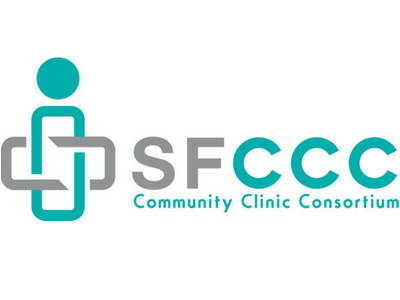"Poverty Leaves a Mark on Our Genes"
This piece was originally published May 3, 2019, on the Center for Youth Wellness Medium page by Jim Hickman.
As California Moves to Screen Children for Childhood Trauma, Poverty Has To Be Part of the Equation
“The most important single issue facing our country’s disadvantaged populations [may be] the prevalence of childhood trauma.”
— J.D. Vance, author of
Hillbilly Elegy
“In the mid-nineties, I was traveling around the country as part of the Clinton Administration’s task force on welfare reform, investigating barriers to family stability and independence. What we found was unsettling.
Of the people receiving welfare, we found many problems we expected to see, such as interruptions in healthcare, transportation, education, and child care that kept people out of the workforce. But at least a third were suffering from a problem we didn’t have a name for at the time — something we suspected had to do with a deeper issue.
At around the same time, in San Diego, Drs. Vincent Felitti and Robert Anda were working with Kaiser Permanente and the CDC on a landmark study of abuse, neglect, and other Adverse Childhood Experiences (ACEs). Their research, known as the ACE study, involved 17,000 people and found that the more ACEs people had, the greater their chance of developing life-threatening physical and mental illnesses down the road.
When the ACE study was made public in 1998, I realized we finally had a name for the deeper issue afflicting the high-risk people we talked with: Adverse Childhood Experiences (ACEs).
Without buffering from a loving parent or caregiver, ACEs can lead to stress that is severe, prolonged, and hazardous. This condition, which doctors call toxic stress, floods the body with stress hormones that can undermine different body systems and even change the way our DNA is read and transcribed.
Since the original ACE study, some researchers have added “poverty” and other social inequities such as homelessness to the list of ACEs that can result in lifelong harm to health.
And just this month it really hit home: A remarkable new study from Northwestern University showed poverty actually leaves a mark on our genes, something that validated what I’ve seen in my work and what I saw play out in underserved neighborhoods from coast to coast. It suggests why generation after generation may be affected by the shadow of poverty.
In this study, researchers linked lower socioeconomic status to something called DNA methylation — an epigenetics signaling tool. This occurs when a methyl group gets added to the DNA molecule and turns certain genes on or off. Researchers found that poverty left a mark on 10 percent of the genome. They’re now looking at whether this can explain how our bodies ‘remember’ the experience of poverty.
So although we think about poverty as a social issue whose impact may fade if you can leave it behind, the effect may linger on even after you’re no longer poor. Poverty, it seems, can get under our skin and change us — literally.”
— Jim Hickman is the interim CEO of the Center for Youth Wellness, based in the Bayview district of San Francisco. Previously, he has served as CEO of Sutter Health’s Better Health East Bay; he also worked for HHS Assistant Secretary for Planning and Evaluation David Ellwood as a staff member of President Clinton’s welfare reform task force. Jim is a member of the Advisory Committee for the Camden Coalition of Healthcare Providers’ National Center for Complex Health and Social Needs.



